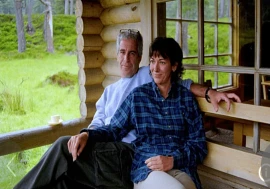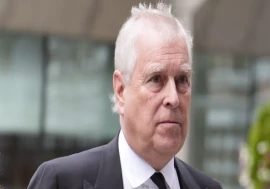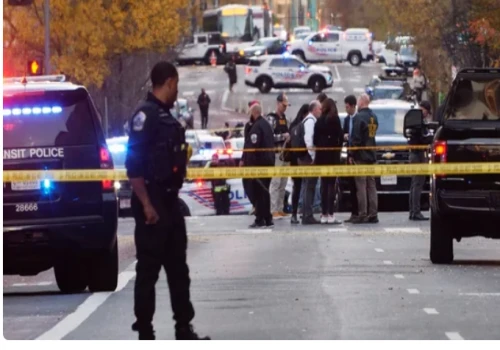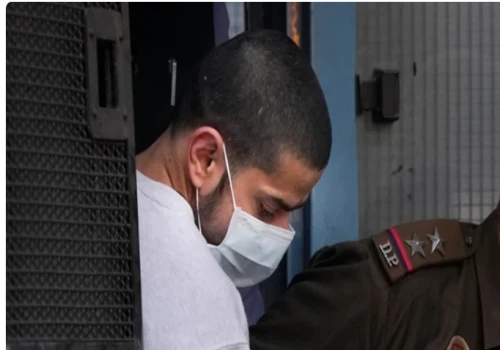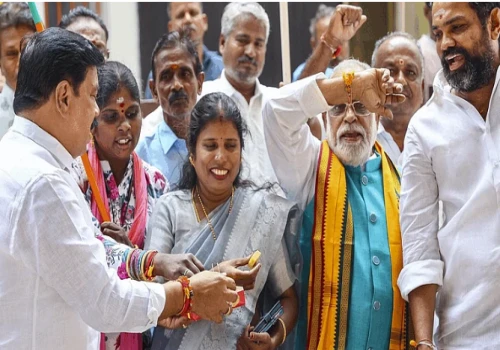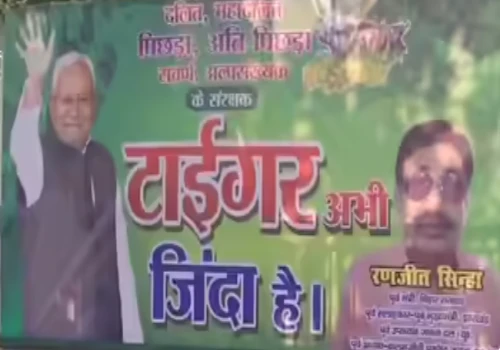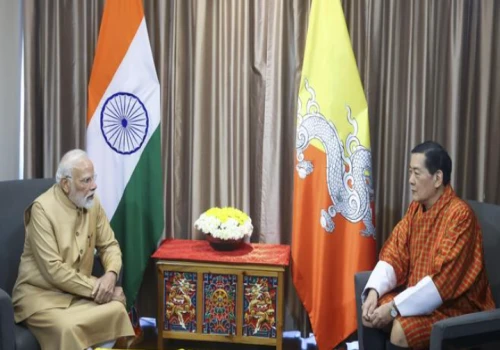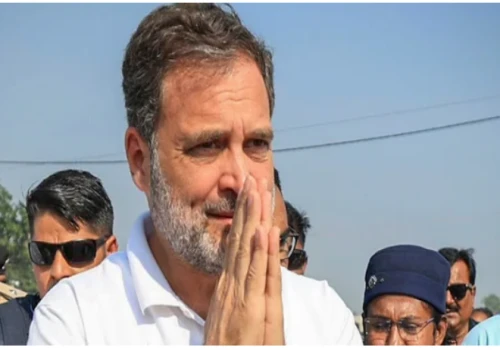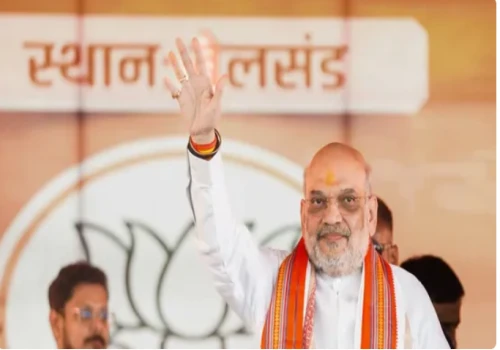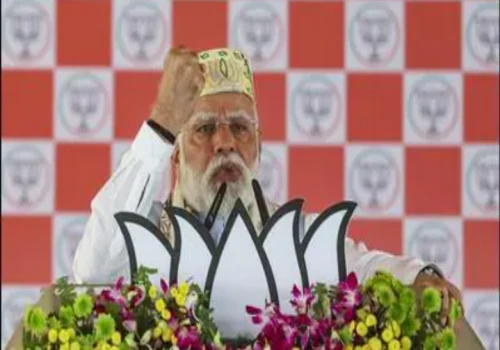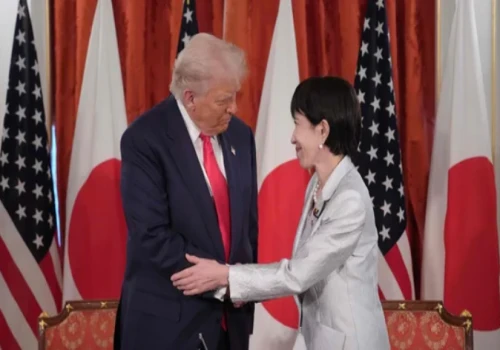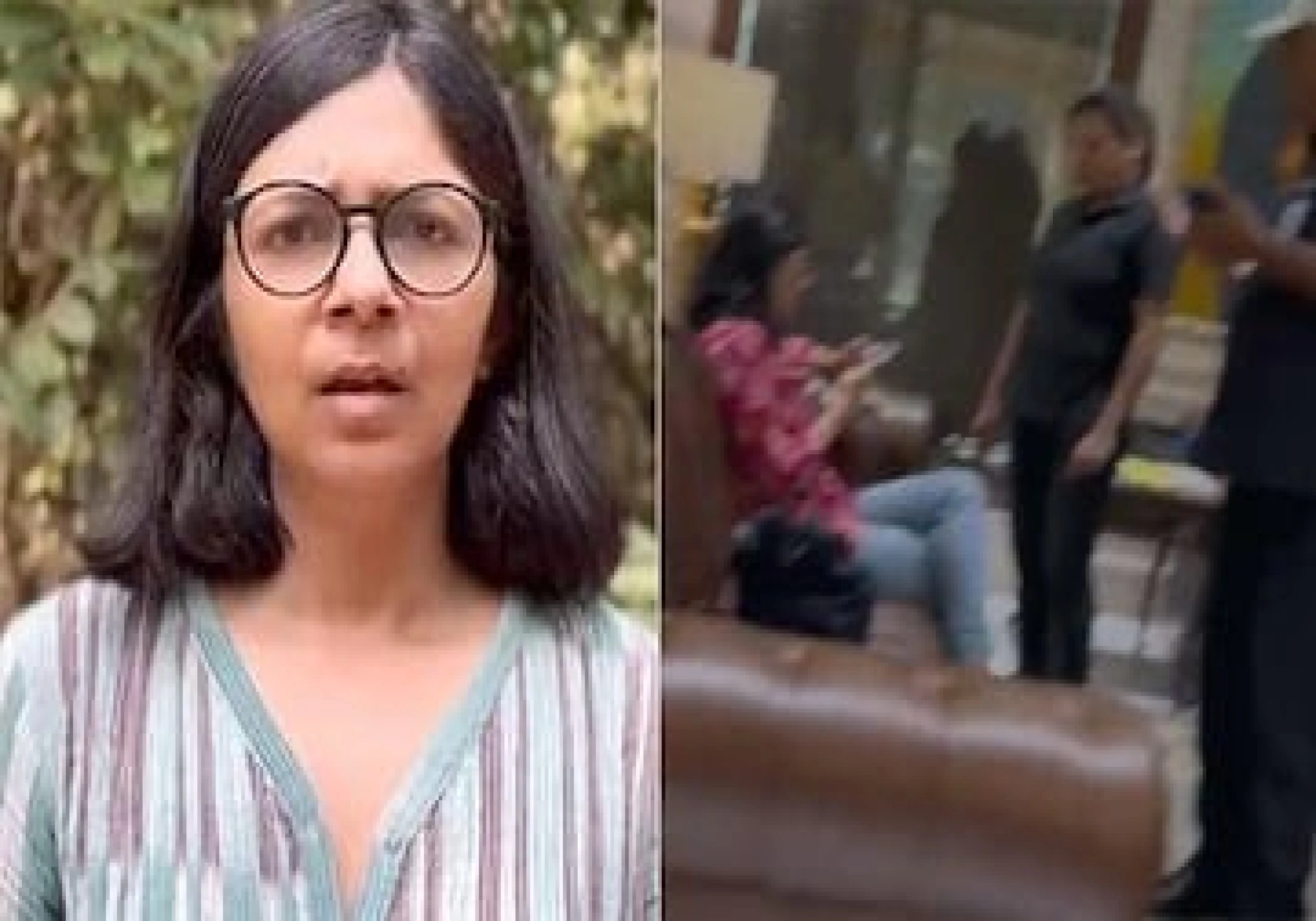
Swati Maliwal Alleges CCTV Tampering in Arvind Kejriwal's Residence Assault Case
In a recent development, Swati Maliwal, the Chairperson of the Delhi Commission for Women (DCW), has raised serious allegations of CCTV tampering at Chief Minister Arvind Kejriwal's residence. This accusation comes in the context of an assault case that has garnered significant attention in political and public spheres.
The incident in question involves an alleged assault on an Aam Aadmi Party (AAP) volunteer during a meeting at Kejriwal's residence. The volunteer, identified as Babu, claimed to have been physically attacked by another AAP member, Kuldeep, during a party meeting. This incident has not only sparked controversy within the AAP but has also drawn attention to broader concerns regarding safety and transparency in political environments.
Maliwal's assertion of CCTV tampering adds a new layer of complexity to an already contentious situation. She alleges that crucial footage from the CCTV cameras at Kejriwal's residence has been tampered with or intentionally erased. This allegation, if proven true, raises serious questions about the integrity of the investigation into the assault case.
The DCW Chairperson has demanded a thorough investigation into the alleged tampering of CCTV footage. She emphasized the importance of preserving and examining all available evidence to ensure a fair and just resolution to the case. Maliwal's call for transparency and accountability reflects broader concerns about the need for ethical and responsible conduct in public and political domains.
In response to these allegations, authorities have stated that they are looking into the matter and will take appropriate action based on the findings of their investigation. The outcome of this inquiry will not only impact the specific assault case but also contribute to shaping perceptions regarding governance, accountability, and the rule of law.
This development underscores the importance of robust systems for surveillance, evidence preservation, and impartial investigations in ensuring justice and upholding democratic values. The coming days are likely to witness intensified scrutiny and debate surrounding this case, highlighting the complex interplay between politics, ethics, and the pursuit of truth in contemporary society.

